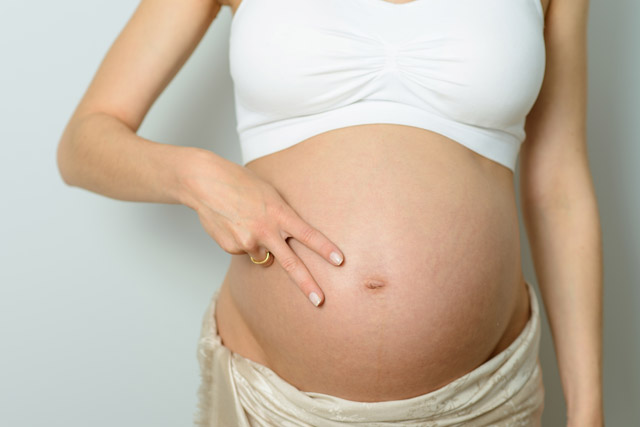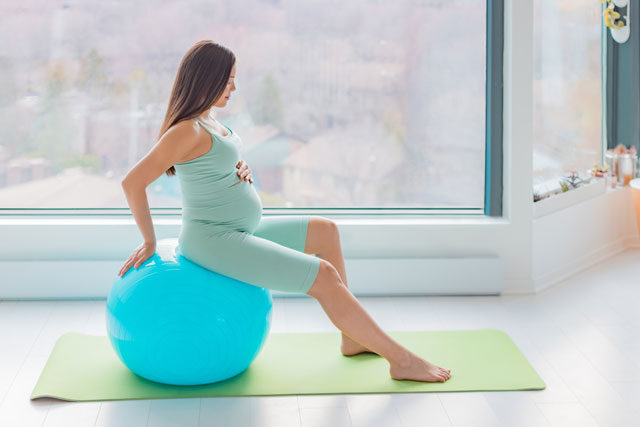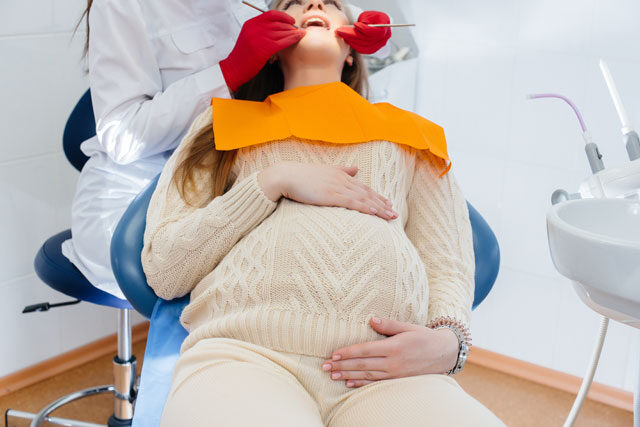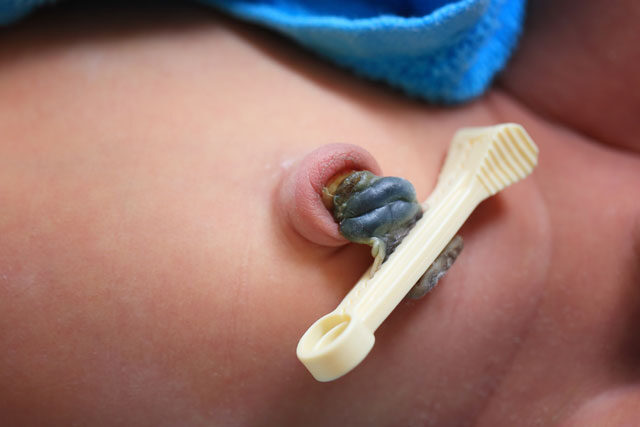On finding out they are expecting a baby many women think about the possibility of carrying twins. If this is the case with you, we’ll help you to either prove or refute it by explaining what symptoms you should have. But first, let’s take a closer look at what multiple pregnancy is and who is more prone to this phenomenon.
What is a Twin Pregnancy? Types of Twins
A twin pregnancy implies that a woman has not one but two embryos developing in the womb. If conceived naturally, only one in 250 pregnant women will be pregnant with multiples. By the way, there are two types of twins you may have:
- Identical twins result from fertilizing a single egg, which splits into two. Such twins often share a placenta and may have one or separate amniotic sacs. Such babies are always of the same gender and look identically or almost identically. Identical twins are extremely rare and occur in 3-4 out of 1000 births.
- Fraternal twins occur when two eggs leave the female ovaries during ovulation, and both get fertilized. Such pregnancies are more common. Fraternal twins have their own placentas and amniotic sacs, which makes such pregnancies a bit lower risk. As to their appearance, they look just like any average siblings but were born on the same day. Unlike identical twins, fraternal twins can be of different genders.
Chances for Conceiving Twins
While the average figure has already been mentioned, there are some factors influencing your personal chances of getting pregnant with twins. They include:
- Your age. Women over 35 are more likely to have twins.
- Multiples running in the family. The presence of twins or triplets on the woman’s family side significantly increases her chances of conceiving more than one fetus.
- The use of fertility treatments also influences your chances of multiple pregnancy. Hormonal stimulation of ovulation and transitioning of two or more embryos during IVF are among the most common causes of twin pregnancies.
- Personal history. If you already have a set of twins and continue expanding your family, carrying multiples is very likely.
In some countries, there are regions where twin births are much more common than elsewhere. Based on this knowledge, there exists a theory that external factors may also have an impact on your chances of conceiving multiples.
What Are the Symptoms of Twin Pregnancy?
The pregnancy symptoms with twins are no different from those you’ll have with a singleton pregnancy. However, their manifestations are typically more intense and appear earlier in the pregnancy. The early signs of a twin pregnancy include:
- breast tenderness;
- nausea and vomiting;
- frequent urination (NO pain sensation or burning should be present);
- appetite boost
- no period coming on the due date.
Speaking about nausea or, as it is also called, morning sickness, in patients pregnant with twins, this symptom is often more severer than in those carrying one baby. This is thought to be related to the levels of a pregnancy hormone – human chorionic gonadotropin. In women having multiple pregnancy, the levels of hCG are significantly higher compared to those of singleton pregnancies.
At 4 – 5 weeks of pregnancy, when women usually find out about their state, the hCG amounts in twin pregnancies reach 48 – 683, while the blood test of moms having only one fetus growing inside them typically shows the numbers of 5 – 397.
Other Signs of a Twin Pregnancy
As you progress in your pregnancy, you may notice a range of other symptoms signaling you have more than one baby at a time.
The first and most noticeable is the baby bump. Measuring more than expected at your gestational term may signal you are pregnant with twins. In fact, your baby bump will become pretty visible as early as 10 – 12 weeks.
Another thing that may give you a hint about your twin pregnancy is a faster weight gain. On average, women carrying twins gain 50% more weight than recommended in singleton pregnancy.
There are some speculations regarding the time you’ll feel the first fetal movement when pregnant with twins. Some say you’ll feel it earlier than is expected in single pregnancies. However, there exists no medically reviewed proof, and twin moms usually feel their babies’ movement at 18 – 20 weeks of gestation.
Medical Proof of Twin Pregnancy
All the twin pregnancy symptoms mentioned above relied more on your personal feelings and observations. But there’s only one way to say whether you carry twins or not – a medical check. You should make an appointment with your doctor and undergo several tests, including:
- Beta-testing;
- Ultrasound scan;
- Fetal Doppler scan.
The blood work will allow your OB-GYN to understand if your results meet the norms for twin pregnancies or if they are typical of being pregnant with one baby only.
An ultrasound scan should detect two yolk sacs and two fetuses in the uterine. They may either share their amniotic sac or have them separate.
As for the fetal Doppler, you’ll hear two heartbeats. The heartbeat of the baby can be detected as early as at 8 – 12 weeks.
Based on the results of these checkups, your doctor will say whether you are pregnant with twins or not.
Summing up
Finding out you have twins can be as thrilling as it can be terrifying. The truth is twin pregnancies bear much more risks for both the mother and the babies. Preterm birth, placental problems, preeclampsia, gestational diabetes, and other pregnancy complications are significantly more common in multiple pregnancy.
You can still go through your twin pregnancy without problems if you receive quality prenatal care and follow your doctor’s recommendations. By regularly monitoring the health condition of the mother and the babies, a healthcare provider can foresee and prevent a lot of possible pregnancy complications. Your positive thinking and staying optimistic about the outcomes of the pregnancy are also important, though. So stay calm and enjoy this beautiful period.




